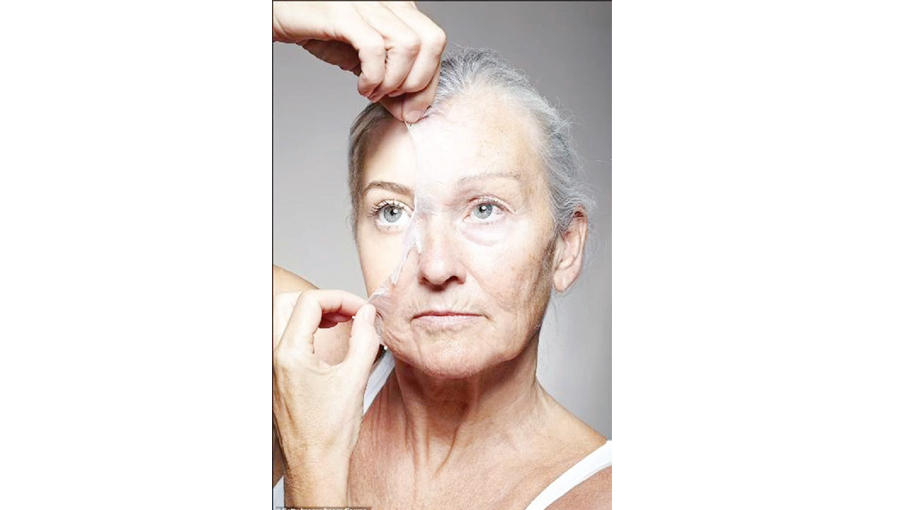NIH funds bold brain rejuvenation project
Can lab-grown cells defeat ageing?


The National Institutes of Health (NIH) in the United States is supporting a ground-breaking initiative that uses lab-grown cells to address ageing and brain damage. Geneticist Dr. Jean Hébert has secured a $110 million grant for this ambitious research.
Dr. Hébert’s team will focus on replacing damaged brain cells with stem cells derived from human embryos. This approach, known as functional brain tissue replacement, has already shown promise in mouse studies.
Stem cells, which can transform into any type of cell, are central to this project. They are plentiful in human embryos and are being used to repair ageing brain tissue.
Initial trials demonstrated that these lab-grown cells could integrate into the brain and respond to stimuli, showing potential for future human applications. Dr. Hébert’s success in mice has led to further testing on primates, with plans for eventual human trials.
The research is part of the new US Advanced Projects Agency for Health (ARPA-H), established by President Biden to fund cutting-edge health projects. The agency also supports other innovative initiatives, such as eye transplants and advanced air filters.
While the idea of using lab-grown brain cells for rejuvenation sounds revolutionary, it has drawn mixed reactions. Some scientists find it intriguing but express concerns about its practicality and safety for widespread use.
But despite these promising successes, some scientists in the field have expressed doubts about the surgery's practicality or long-term viability.
'On the surface it sounds completely insane,' the CEO of aging research company Oisín Biotechnologies, Matthew Scholz, told MIT Technology Review, 'but I was surprised how good a case he could make for it.'
Scholz, does not expect the surgery to see widespread casual use, however, or spur a new era of human immortality.
'A new brain is not going to be a popular item,' Scholz opined. 'The surgical element of it is going to be very severe, no matter how you slice it.'
Others see the procedure's potential as a possible cure for hereditary cognitive issues.
'If it can work, forget aging,' one medical doctor and biotech entrepreneur, Dr Justin Rebo, said. 'It would be useful for all kinds of neurodegenerative disease.'
Despite these challenges, the project holds potential for treating neurodegenerative diseases and could redefine how we approach ageing and brain health.




